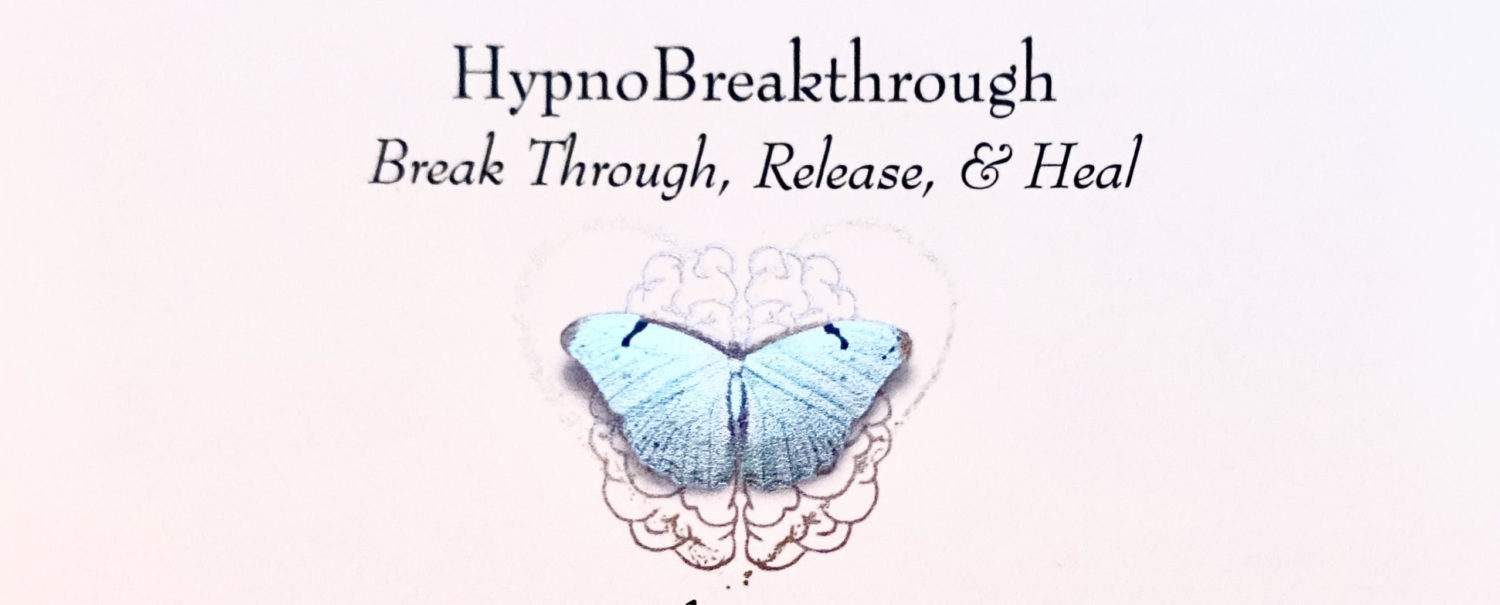Hypnosis and hypnotherapy have had a bad reputation from early on. It’s no wonder, with dramatic stage hypnosis magic-type tricks, and the media that would have us thinking the hypnotist or hypnotherapist will be able to make you “Cluck like a chicken” “Bark like a dog” or do some sort of funny or embarrassing trick every time someone mentions a specific word.
Old movies would show men using hypnosis to get women to date them (or do things they may not otherwise do). All sorts of wild, scary and amusing depictions of Hypnosis can be found in movies and other media.

No surprise that people may be leery!
Hypnotherapy is sometimes considered a more new-age treatment just to help you relax, align chakras or end unhealthy habits with energy or mindfulness. While Hypnotherapy does work well for these things, it has much deeper roots and many other uses as well.
The practice of Hypnosis and hypnotherapy has been around for hundreds and possibly even thousands of years. We will discuss the history of hypnosis and hypnotherapy in the next article.
Modern day hypnotherapy has been scientifically studied, tested and approved by the AMA (American Medical Association), the BMA (British Medical Association) and the APA (American Psychology Association). Hypnosis and Hypnotherapy, when conducted by a trained practitioner, is deemed completely safe, without negative side effects. However, it is contraindicated for Schizophrenia or Seizure disorders. Although, studies are being conducted on how Hypnotherapy may help in these areas.
We all go into a state much like hypnosis daily; at times such as just before we fall asleep, or daydreaming and miss an exit on the highway, even being so focused on a movie or good book that you don’t notice the time passing. It’s not magic or mystical, and you are always in control. Please see my previously posted article “what is Hypnotherapy” .
If you have any questions or concerns, I’m always happy to hear from you. Please contact me using the contact form or directly at Pamela@HypnoBreakthrough.com
References: American Hypnotist examiners association, American Medical Association, American Psychology association, British Medical Association, and Institute of applied psychology.




Recent Comments